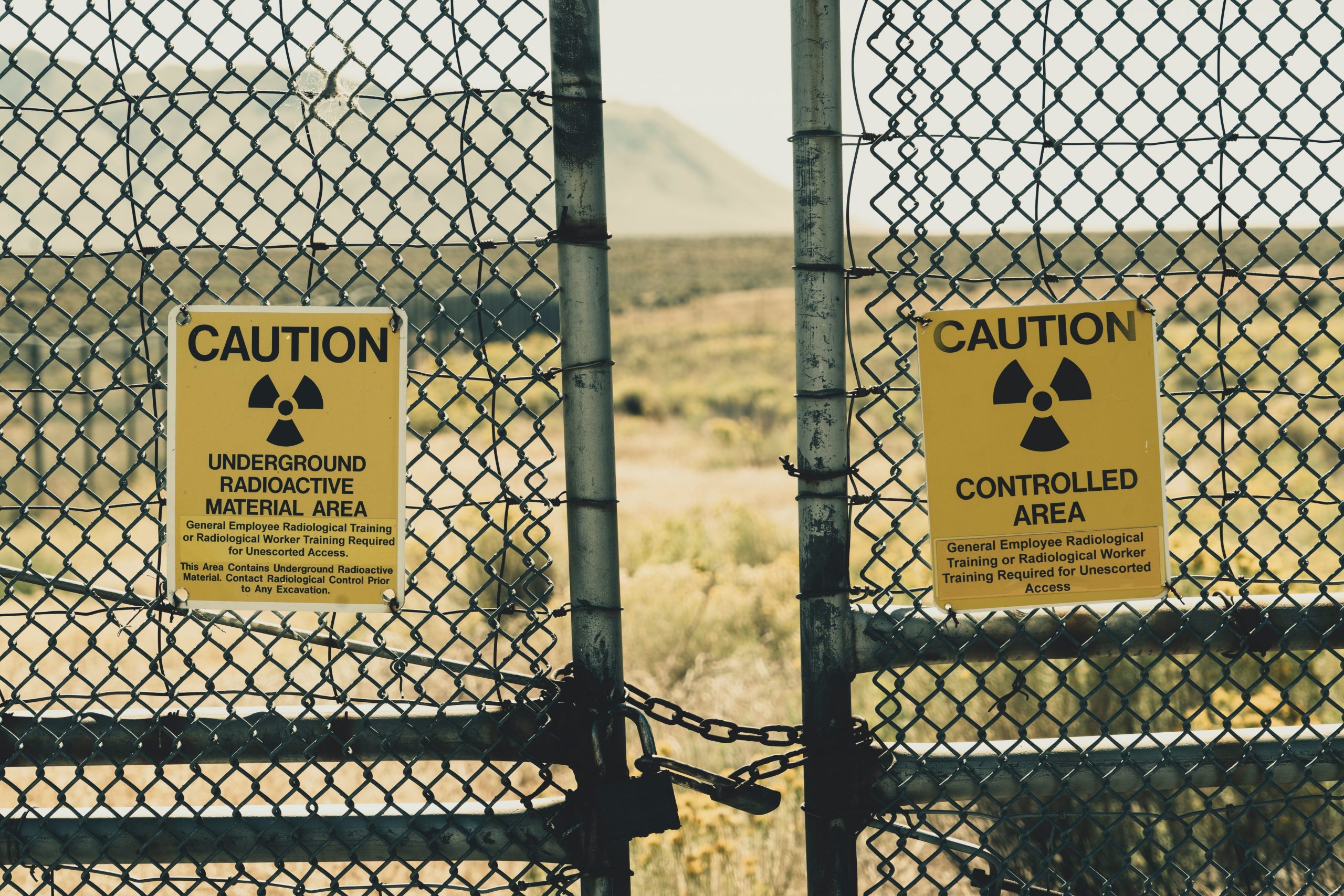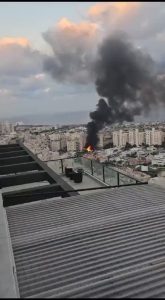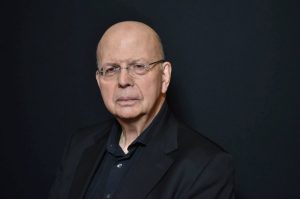As the European countries have dropped the plan to censure Iran at the UN nuclear watchdog, the United States said on Thursday that it now hopes that Iran will come forward and actively engage in diplomacy regarding the 2015 nuclear deal.
State Department spokesman Ned Price said, “We will look forward with strong interest for Iran’s willingness to engage in a way that leads to credible, concrete progress.”
Also Read: US says one pro-Iran militia member killed, two injured in Syria airstrike
He further said that the US was “pleased” with the outcome of the International Atomic Energy Agency meeting in Vienna.
Originally, the E3-Germany, France and Britain had planned to present a resolution(with US support) at the International Atomic Energy Agency’s board of governors meeting to criticize Iran’s suspension of some IAEA inspections.
The German foreign ministry said, “We have decided to not present the resolution. Iran must now prove that it is serious in its wish to fully relaunch.”
Also Read: ‘Time not suitable’: Iran on proposed nuclear deal meeting
Iran has welcomed the decision taken by the European countries to not go ahead with the resolution.
Grossi announced earlier Thursday that Iran had agreed to hold a series of meetings with the UN nuclear watchdog to “clarify a number of outstanding issues”.
“A technical meeting will take place in Iran at the beginning of April,” said Grossi as part of a new process aimed at clarifying queries the IAEA has raised about the possible previous presence of nuclear material at undeclared sites.
He said it was his “intention to try to come to a satisfactory outcome for all of this in time for the next regular session of the board of governors” in June.
A French diplomatic source said “if the threat of the resolution hadn’t been maintained until the end,” the encouraging signs from Iran wouldn’t have been achieved.
“Things are going in the right direction,” he added.
Newly elected President Biden has expressed his willingness to return the US back to the landmark JCPOA deal of 2015. Former President Donald Trump had withdrawn from the deal in 2018.
The Joint Comprehensive Plan of Action(JCPOA) deal was signed in 2015 and imposed a 15-year ban on Iran’s uranium metal production.
However, post the withdrawal of the US from the agreement and imposing further sanctions, Iran says it has the right to breach this and a series of other JCPOA limits in retaliation.
It is hoped that a meeting proposed by the EU of the remaining 2015 participants — Iran, France, Germany, Russia, China and the UK could take place within two weeks most likely at Brussels.







